Our world is changing dramatically. Increased drought, fire, pollution, and natural disasters across the globe. This is climate change and our mismanagement of our surroundings is causing it. We must all be aware of our actions and responsibilities in preventing catastrophic disaster. This is crucial to our global development and the future health of our people and planet.
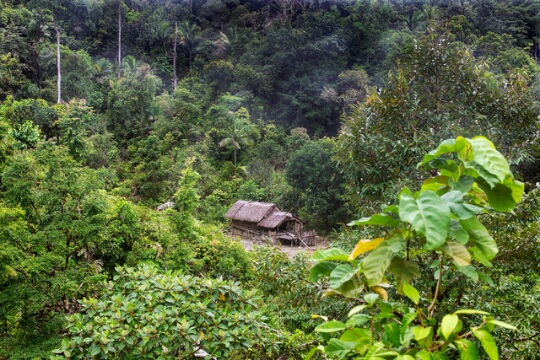
Yayasan Pendidikan Budaya Mentawai (YPBM), in collaboration with our long-term partner, Indigenous Education Foundation (IEF), work tirelessly to develop preventative solution to this and other global issues by ensuring our children have access to learn about our Indigenous cultural and ecological knowledge.
We believe that enabling our children this opportunity to understand, value and respect our Indigenous identity, knowledge and the unique relationship we share with the natural world is at the very heart of this preventative solution, and protection of our Earth’s biodiversity.
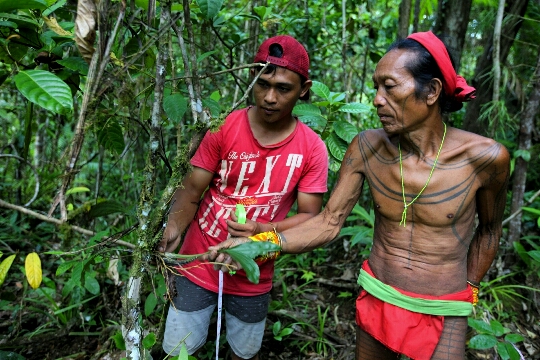
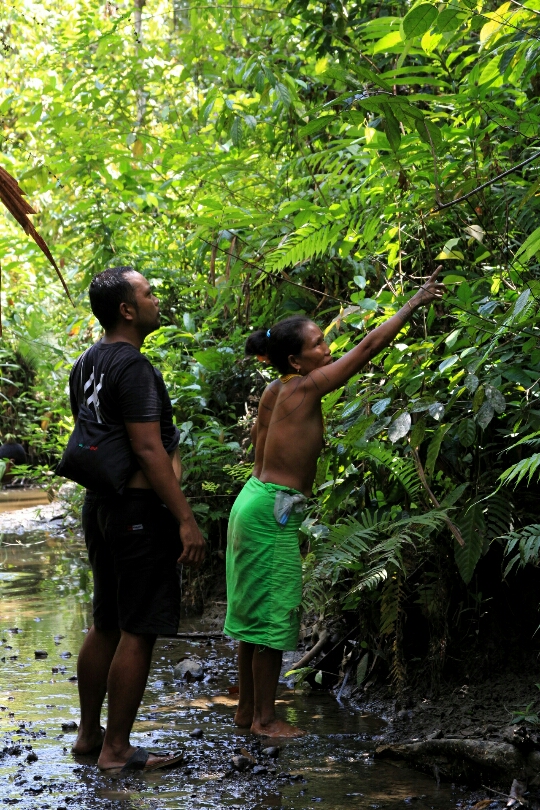
IEF Operations Manager, Samantha Lee, says. “Partnering with indigenous peoples to identify and capture traditional ecological knowledge and wisdom is crucial in biodiversity conservation, and ultimately guarantees a fertile and dynamic future. Indigenous peoples are the most effective managers of the earth’s biodiversity, which in turn builds sustainable livelihoods”.
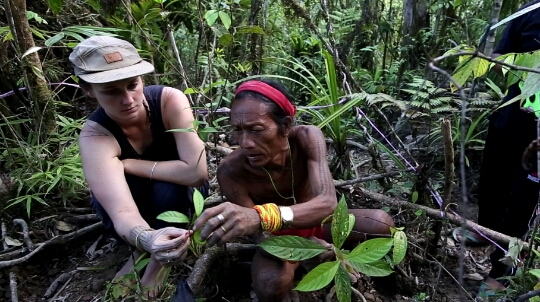
Over the past few years, YPBM identified that important aspects of Mentawai’s traditional knowledge are missing from the education of our younger generation. In response, YPBM, with support of IEF, this year developed and executed research strategies to document Siberut Island’s most important plant resources and level of biodiversity, including large varieties of medicines, food, fuels, constructions, arts and crafts and much more.
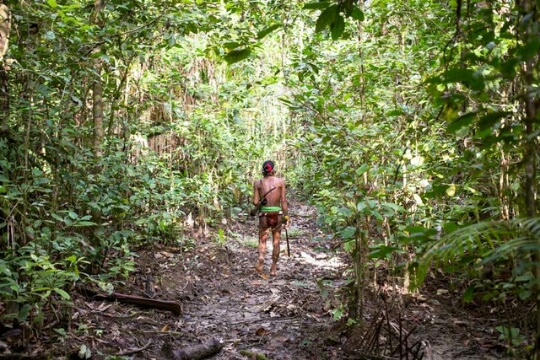
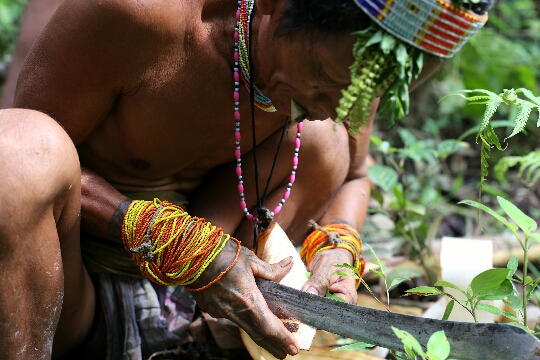
Through consultation with our Mentawai community and support from co-researcher Samantha, our preliminary research found that a large number of studies that have been conducted here on Siberut Island, Mentawai, did not include our community in the planning, design and implementation of their research. Furthermore, the findings and outputs of their research was almost never returned to our Indigenous community.
Our research strategy focuses heavily on servicing the needs of the community. Before commencing our research, we engaged our local community to ask them about their interest in this type of research, whether they believed it to be important, and why. Through this line of communication, we were able to incorporate our Indigenous systems in research planning, design and implementation, and ensure it respected the rights, customs, and knowledge of our Indigenous people. As a result, we can better understand the value our knowledge locally, regionally and globally.
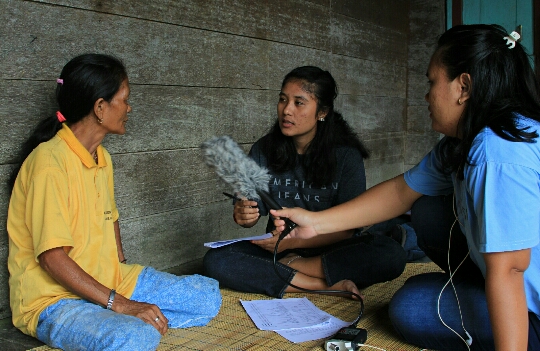
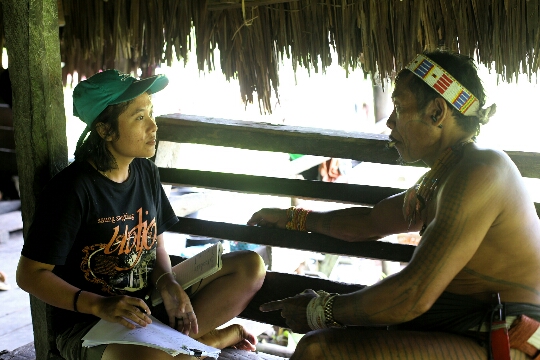
“We’re seeing many positive impacts through collaborating our research with Mentawai community over the past 8 months. There is an increase in pride and confidence in those possessing expertise in our traditional ecological knowledge. Particularly because they’re seeing that this knowledge can bring benefit to our community’s current challenges. There is so much potential for us to utilise this knowledge in protecting our natural resources and developing sustainably into the future. Through our YPBM cultural and ecological education program, our younger generation Mentawai can access this knowledge and learn about the importance of forest resource conservation, further strengthening their connection to our culture and land to improve self-confidence and capacity to achieve a better livelihood and contribute toward a healthier planet.” Fransiskus Yan, Chairperson of YPBM.
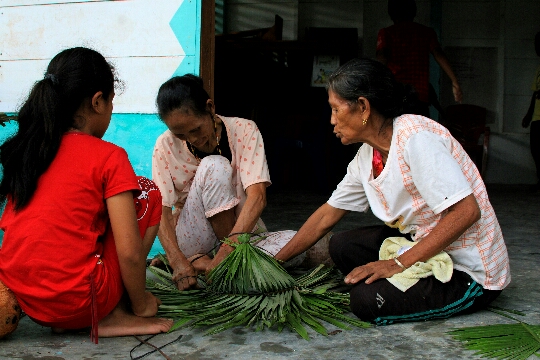
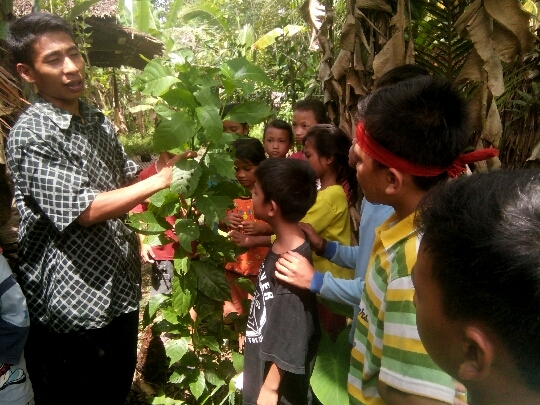
Commencing our field work in March 2019, we focused our research in the Sabirut and Sarereiket regions on Siberut Island. Completing four major field trips, we have documented over 450 varieties of plant species utilised by the community in day-to-day life. We determined the top 63 most important plant species via our community survey and key informant interviews and are now in the process of developing a Mentawai (Sabirut and Sarereiket region) plant catalogue book to be utilised as part of our foundation’s (YPBM) cultural and ecological learning hub program.
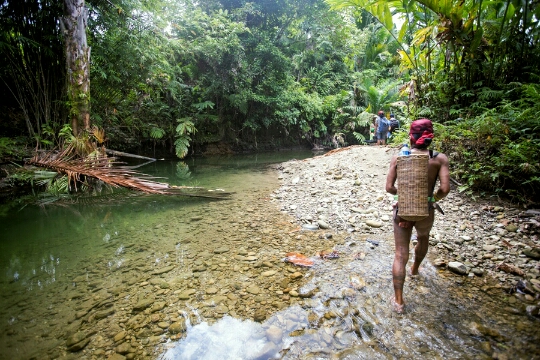
To ensure accuracy, our strategy is to prepare and print a small number of these plant catalogues as paper documents and return to the field to present to elders, learning hub program teachers, and others for discussion. This activity will allow us to further elaborate on our objectives and gain valuable criticism and improvements for the publication of this catalogue book. Our aim is to provide access to this book for all students and others across Mentawai so that, linked to our indigenous learning hub program, we can benefit through sustainable development practices and conservation of our forest resources.
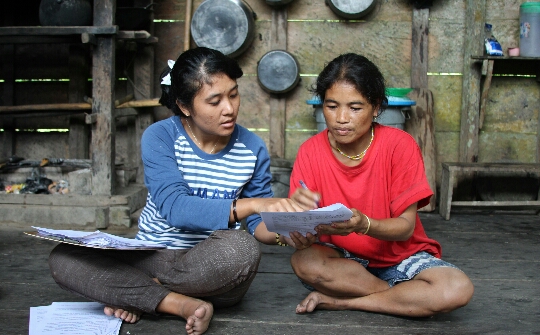
Whilst still in the early stages of finalising our research, we are already seeing positive outcomes in opportunities for our Mentawai voice to be heard at a regional and international level. In partnership with IEF and in particular, Samantha Lee, Operations Manager and National Geographic Explorer, we were invited to present our research project at the “2nd International Conference on Tropical Silviculture”, which was held at the IPB International Convention Centre in the city of Bogor, Indonesia.
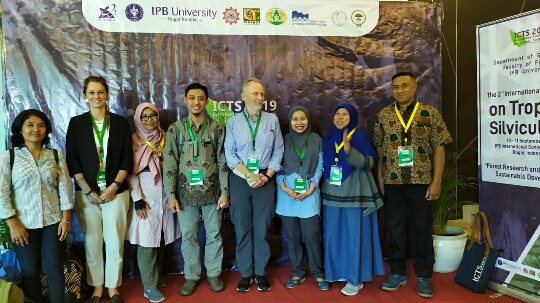
“I’m thrilled to attend this conference and contribute to the discussion about finding solutions to global biodiversity problems negatively impacting the sustainability of our planet. I’m seeing just how crucial it is for us to protect our Mentawai forest and resources. However, our community must first understand why this important – realise the value of our Mentawai traditional ecological knowledge and conservation practices. Our cultural and ecological education program is a great vehicle for this. In addition to publishing Mentawai plant field guides for our students, we’ll also need to incorporate environmental workshops that enable opportunity for our students, parents and elders to voice our opinions and make decisions on how best to move forward.”, said YPBM lead ethnobotany researcher, Santi Sagari.
It is our belief that Mentawai’s traditional ecological knowledge holds the key to developing sustainable living solutions for our community, which is why we have developed our Cultural and Ecological Education Program (CEEP) and learning hubs for our students to access this knowledge. This knowledge must become a valued part of our education and growth, as with maintaining close connection to our culture and identity. Through this we gain pride and self-confidence and the capacity to participate in decision-making that directly impacts the future of our people. Ultimately, we deserve the opportunity and right to say NO to the deforestation and exploitation of our natural resources from foreign parties.
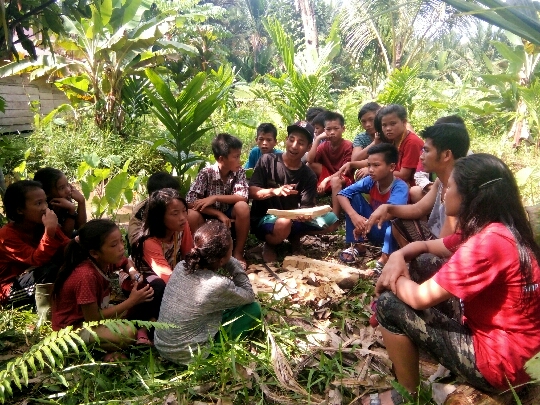
Masurak bagatta, YPBM.
We want to thank our long-term partner, Indigenous Education Foundation (IEF), and financial contribution from National Geographic Society toward this research project.











